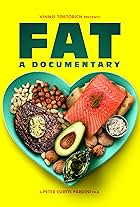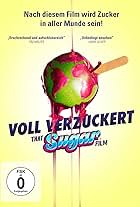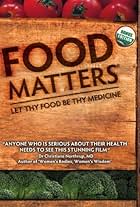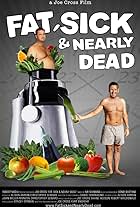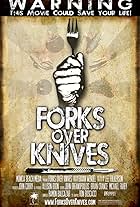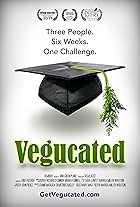The problem with the conclusion that this documentary comes to is it won't work! If all of humanity—seven billion strong and increasing—ate the "natural" quasi-Paleolithic diet that the scientists in this film find "perfect"...well they won't because with present technology it is impossible for the planet to feed that many people that high on the hog. Raising the necessary number of cows, pigs, chickens, etc. requires more land and fresh water than is available. It's as simple as that.
The second problem involves a "what is, is right" kind of fuzzy thinking. The fact that our ancestors ate a lot more meat than they did grains does not mean that sort of diet is best. They ate that way because they had no choice.
The third problem is that the kind of meat hunters and gatherers ate was a bit different from the fat-laden, choice cuts of meat eaten today. It was lean and grass-fed. And a lot of it wasn't meat at all. It was fish, shellfish, clams, mussels and insects.
Aside from these three very important points the documentary is not bad. The film makes it clear that it is the modern diet of processed foods that is responsible for the obesity epidemic in the developed world. And yes the paleo-primal, hunter-gatherer diet is superior to the junk food that is shoved in our faces on TV, over the Internet, on billboards and at fast food restaurants.
And yes meat- and fish-eating turned upright-walking dull-witted apes into hominids. Without high-quality foods we could not have grown our big brains. But that was then. This is now, and what is needed is a balanced diet of whole foods with plenty of fruits and vegetables, some carbs, some high protein foods, and oils from the trees: e.g., olives, avocados, coconuts, etc.
—Dennis Littrell, author of "The World Is Not as We Think It Is"




